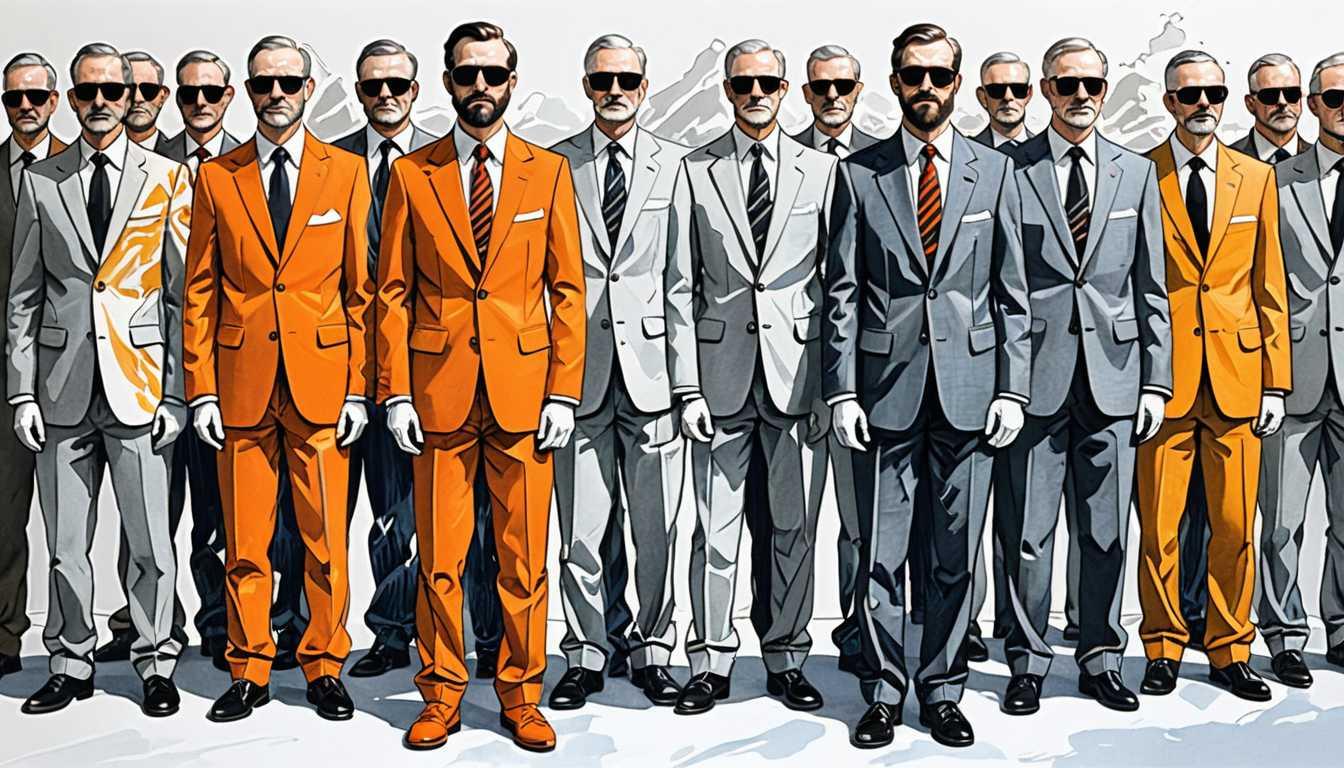Generational Labels: Helpful or Hurdles?
June 2024
LSE Business Review
Introduction
Ever wondered what’s up with labels like “Gen Z” and “baby boomers”? Dive into this thought-provoking piece from LSE Business Review, where Daniel Jolles champions these labels for promoting workplace inclusion while Sheila Callaham argues they’re misleading and fuel stereotypes. With experts on both sides, you’ll explore whether generational labels help or hinder our understanding of workplace dynamics. Get ready to rethink what you thought you knew and join the conversation!
READ FULL ARTICLEWhy It Matters
Discover how this topic shapes your world and future
Unpacking the Generational Puzzle
Understanding generational labels like Gen Z, millennial, and baby boomer is more than just knowing which category you fit into, it’s about recognizing how these labels influence our workplaces and society at large. Experts debate the usefulness of these labels, with some arguing they help create inclusive environments by acknowledging the diverse experiences different age groups bring to the table. Others warn that these labels can oversimplify complex human behaviors and reinforce negative stereotypes. In a world where collaboration across ages is becoming the norm, it’s essential to understand both sides of this discussion. As you prepare for your future careers, recognizing these dynamics can help you navigate workplace relationships and foster intergenerational collaboration, making you a more effective team member or leader.
Speak like a Scholar
Generational Labels
Terms used to categorize people born in specific time frames, like baby boomers or Gen Z.
Inclusion
Creating an environment where everyone, regardless of their background or age, feels welcomed and valued.
Pseudoscience
Claims or beliefs that are presented as scientific but lack reliable evidence or scientific backing.
Period Effects
Changes in attitudes or behaviors that occur in a population due to historical events or societal shifts, not tied to specific generations.
Intergenerational Dialogue
Conversations and interactions between people from different age groups to promote understanding and collaboration.
Stereotypes
Oversimplified and generalized beliefs about a group of people that may not accurately reflect reality.
Independent Research Ideas
The Impact of Generational Labels on Workplace Culture
Investigate how these labels affect relationships and productivity among employees of different ages, and whether they help or hinder collaboration.
Generational Differences in Attitudes Toward Technology
Explore how different generations perceive technology's role in their personal and professional lives, and how this shapes their interactions.
A Historical Perspective on Work Values
Analyze how the workforce values have shifted over generations and what this means for future job seekers.
Exploring the Role of Media in Shaping Generational Stereotypes
Examine how media representation influences public perception of different generations, focusing on specific case studies.
Creating an Inclusive Workplace
Propose strategies for organizations to foster a culture that values contributions from all generations, minimizing bias and promoting collaboration.
Related Articles

Rudeness at Work: The Guilt Trip Effect
September 2024
LSE Business Review

Unfair Advantage? Make it Right
September 2023
Cornell University

Spotting Corporate Cults: 5 Key Signs
June 2024
LSE Business Review

Navigating Leadership: Styles, Tips, and Kindness
October 2024
LSE Business Review

The Ups and Downs of Status and Happiness
May 2024
Cornell News Highlights